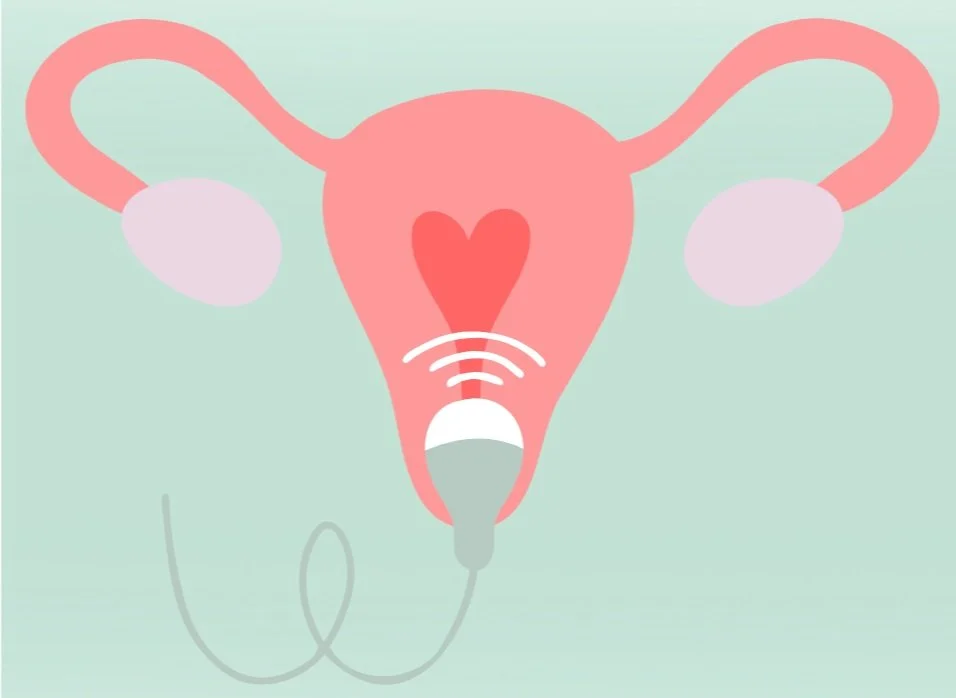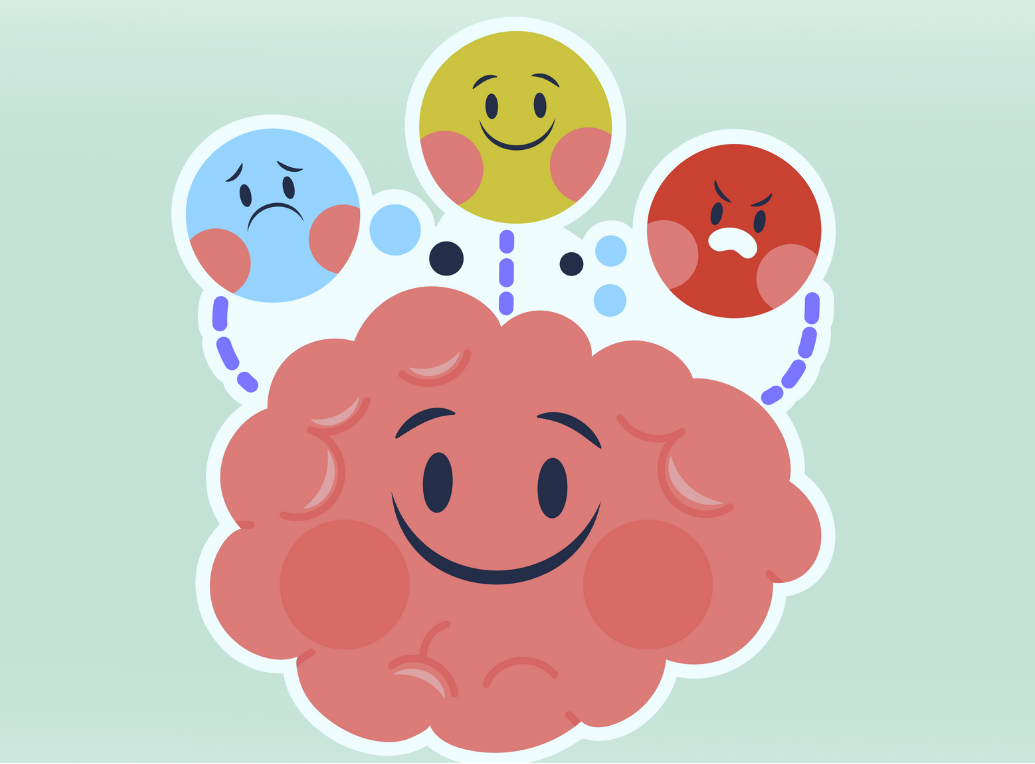IVF MADE IT TO RETRIEVAL.
-
THE WEEK OF
Doctor may adjust medication slightly to help get things just right.
Expect ultrasounds and blood tests every few days and feeling of fullness or bloating with heightened emotions.
-
TRIGGER SHOT
Roughly 36 hours before your egg retrieval, you’ll take a *trigger shot*. This shot triggers ovulation and lets your eggs mature enough for retrieval.
Timing is everything with the trigger shot! Set an alarm & follow your doctor’s instructions.
-
PROCEDURE
You made it! There’s a lot going on, both physically and emotionally, and it’s totally normal to feel a bit of anxious excitement.
Arrive early to clinic for paperwork and pre-procedure prep. Procedure lasts 10-30 minutes and will be accomplished under light sedation.
The Week of…
By the time you’re one week out from your retrieval, your body will be in full-on egg-producing mode. There’s a lot going on, both physically and emotionally, and it’s totally normal to feel a bit anxious excitement as you get closer to the procedure.
Ovaries have been in overdrive producing and retaining multiple follicles. Expect feeling of fullness or bloating and heightened emotions. The hormone injections are doing their job—getting your ovaries to produce eggs—but they’re also making your ovaries swell and grow. This can lead to bloating, discomfort, or a feeling of fullness in your abdomen. You might even feel heavier or notice that your clothes feel tighter.
Stay comfortable. Loose, comfy clothes are your best friend this week. If bloating or cramping is uncomfortable, try light exercise (like walking) or a warm compress to ease the discomfort.
Lean on your support system, whether that’s your partner, a friend, or a counselor. This week can feel like a lot, and having someone to talk to can help keep your mental and emotional health in check.
Here’s a quick rundown of what to expect:
The Trigger Shot.
About 36 hours before your egg retrieval, you’ll take a *trigger shot*—usually of hCG or Lupron. This shot triggers ovulation and lets your eggs mature enough for retrieval. It’s a big moment, and it’s exciting because you’re officially in the home stretch.
Timing is everything with the trigger shot, so make sure to follow the exact instructions your doctor gives you. It’s often done at night, and you’ll need to set an alarm if it’s a specific time.
Retrieval Day.
The week leading up to egg retrieval can feel like a whirlwind, but it’s also a time to celebrate how far you’ve come. Whether you’re feeling nervous, excited, or a little bit of both, remember that you’re doing an incredible thing. You’re one step closer to making your dreams of parenthood a reality—and that’s worth celebrating.
What is Egg Retrieval?
Egg retrieval is the process where the mature eggs from your ovaries are collected so they can be fertilized in the lab. You’ve likely been undergoing ovarian stimulation (hormone injections) for about 10-14 days to get your ovaries ready, and your doctor will monitor your progress with blood work and ultrasounds to ensure your eggs are maturing properly. The process of egg retrieval (also called "egg aspiration") is a big milestone in your IVF journey. It’s the moment when your ovaries, after being carefully stimulated with hormones, release their eggs so they can be fertilized and hopefully lead to pregnancy. But as with every step in IVF, it comes with its own set of expectations, emotions, and, yes, a little bit of discomfort.
-
Clinic Arrival
You'll likely be asked to arrive at the clinic a little early for paperwork and pre-procedure prep. Your fertility team will make sure you’re comfortable and explain exactly what will happen step by step.
-
Sedation
Egg retrieval is done under sedation (often referred to as “twilight anesthesia”), which means you’ll be awake but relaxed and won’t feel pain during the procedure. You'll be sedated through an IV, so you won’t be fully asleep, but you’ll likely be too out of it to remember much afterward.
-
Procedure
During the retrieval, the doctor will use a thin needle to aspirate the eggs from your ovaries, guided by ultrasound. The procedure usually lasts about 20-30 minutes. Most people report feeling some cramping afterward, but it’s a relatively short procedure with minimal recovery time.
You’ll need a loved one to drive you home, as you’ll still be a bit groggy from the sedation.
-
After the Procedure
Once the eggs are retrieved, they’ll be sent to the lab where they’ll be assessed and prepared for fertilization. You’ll rest for a short time afterward, and once you’re feeling okay, you’ll be able to go home. You should have someone with you to drive you home, as you’ll still be feeling the effects of the sedation.
You will learn of your egg count after you come to!






